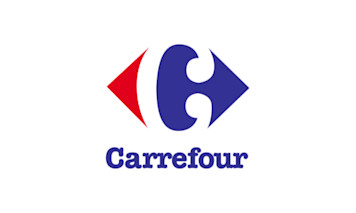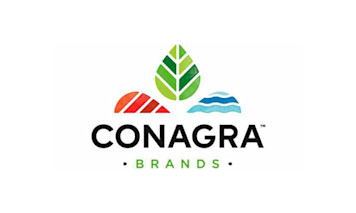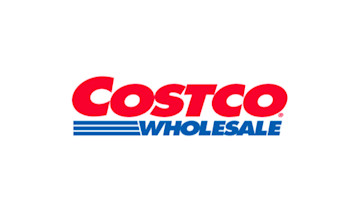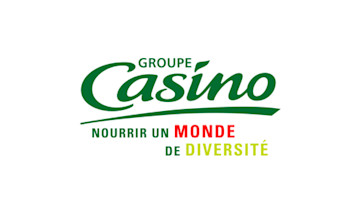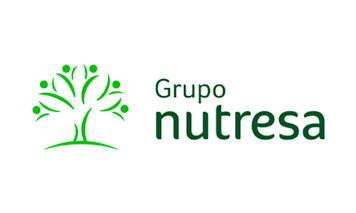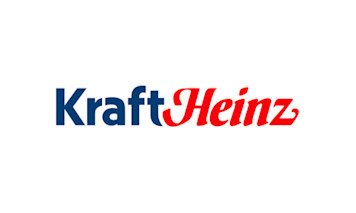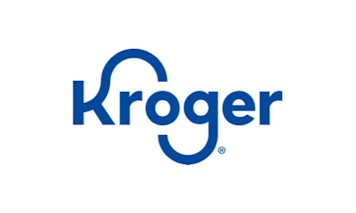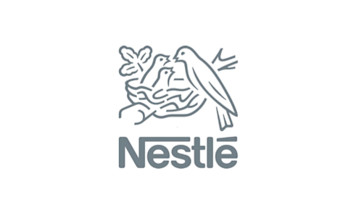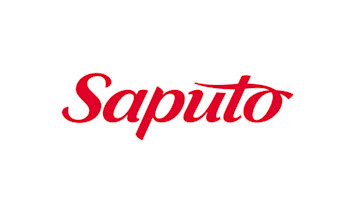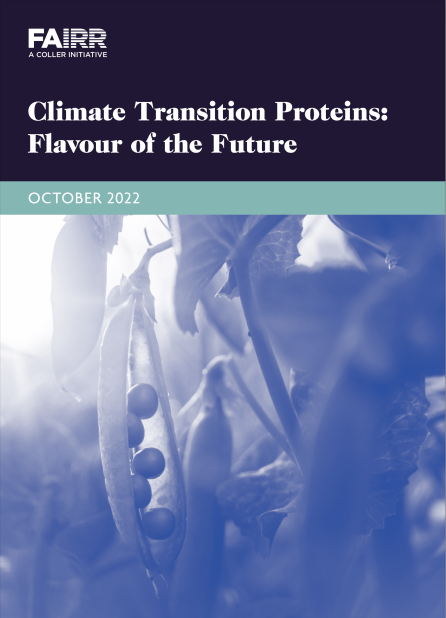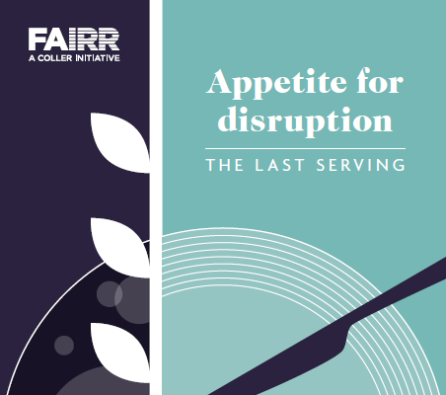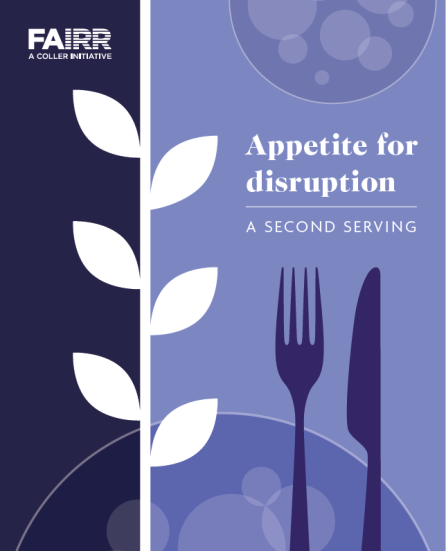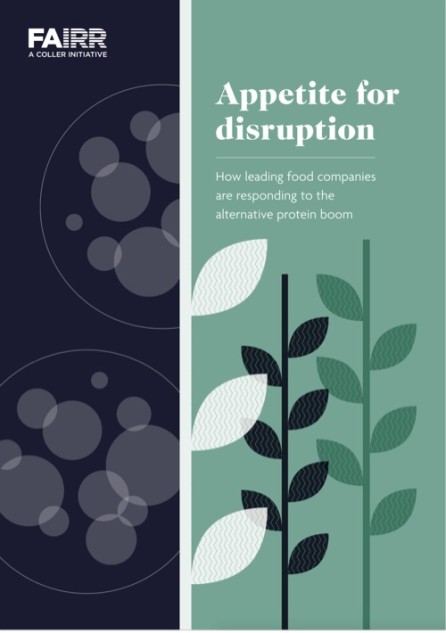
Sustainable Proteins Engagement
Engagement Overview
Background
FAIRR’s Sustainable Proteins Engagement is the first and largest investor engagement to encourage food companies to develop a global, evidence-based approach to protein diversification. The engagement asks 23 food retailers and manufacturers to systematically transition product portfolios to support more sustainable and nutritious diets with fewer, higher-quality animal-based products. Doing so will help companies drive growth and reduce risk exposure in an increasingly resource-constrained world.
The objective is for companies to (i) set time-bound commitments to grow the share of sustainable and nutritious plant-based and alternative proteins/ingredients in product portfolios; (ii) enable consumers to make more sustainable and nutritious dietary choices which incorporate a diverse array of protein sources, and; (iii) disclose progress towards these goals.
The collaborative engagement has been running for six consecutive years and has acted as a catalyst for leading companies to take action on a challenging topic that was not previously a corporate sustainability priority. Today, portfolio diversification is recognised as a material business issue.

Selected Companies
The Sustainable Proteins Engagement engages 23 of the world’s largest, publicly-listed food retailers and manufacturers who have a key role to play in influencing global supply chains and shifting consumer behaviour to enable a global sustainable food system transformation.
Material Risks
Animal agriculture is responsible for over 60% of the agriculture, forestry and land use (AFOLU) sector's global greenhouse gas (GHG) emissions and contributes to approximately 15% of all GHG emissions worldwide. Moreover, most livestock emissions come from gases with a much higher global warming potential than carbon dioxide. Although shorter-lived, methane and nitrous oxide, caused by enteric fermentation, manure management and fertiliser use, are 27 and 273 times stronger, respectively. Therefore, addressing how and where we source proteins is key to reducing AFOLU emissions.
Sustainable proteins incorporate alternative protein food technologies (plant-based, cultivated, fermented) in addition to sustainably sourced animal-derived proteins. Sustainable proteins are an untapped climate mitigation tool that, in two ways, have the potential to reduce negative environmental impacts. Firstly, they can lessen animal agriculture exposure. Secondly, by incorporating sustainability improvements in animal-derived proteins.
On average, 94% of the total GHG emissions of companies examined in the engagement are categorised as Scope 3. Further, animal agriculture accounts for approximately 33% of total GHG emissions for target companies. Thus, when implementing climate transition plans to reach net zero, these companies will significantly have to reduce emissions linked to animal proteins.

Investors Signed On
Phase 6 of the engagement is supported by 84 investors, representing US $23 trillion in combined assets.
The latest progress report, Climate Transition Proteins: Flavour of the Future, was published in October 2022.



